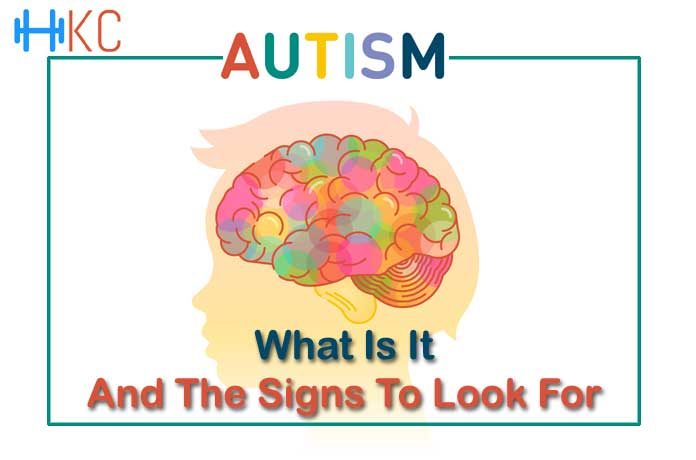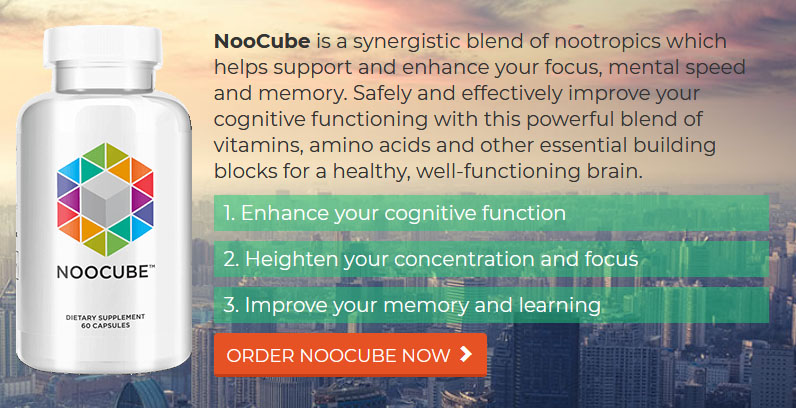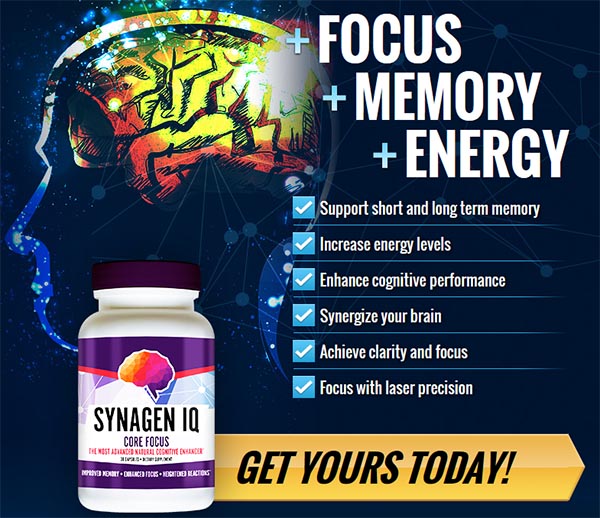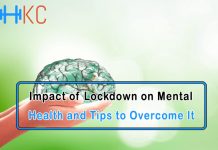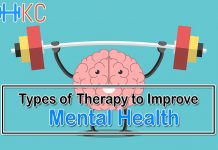Autism: What Is It And The Signs To Look For
Autism is a neurological disorder that affects thousands of people worldwide. It is manifested through a lot of impairments in communication skills, developmental language, social interaction, motor skills, executive functioning difficulty, and poor response and interaction on sensory activities. The range of symptoms and levels of severity may vary. It has a wide variety of spectrum in levels of impairment, skills, and symptoms. People young or adults affected with autism can become handicapped, preventing them from living a normal life. Others are severely affected that they need further institutional care, such as those offered by Direct Focus Solutions, to address their needs.
Causes of Autism Spectrum Disorder (ASD)
Autism does not have a well-established known cause. The condition itself has a wide range of complexity, symptoms of the condition vary per individual, severity of the condition varies as well, most likely there are a lot of contributing factors that have yet to be discovered. What is important is for parents or guardians of patients afflicted with ASD be knowledgeable about the signs and symptoms of the disorder so they can extend understanding and sympathy in order to better take care of their mental health.
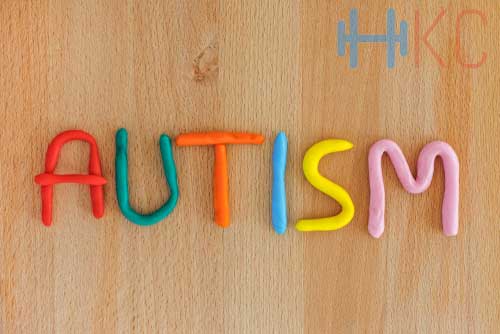
Types of Autism Spectrum Disorder
- Asperger’s Syndrome – A milder classification of the autism spectrum disorder. Patients diagnosed with Asperger’s may have high intellectual capacity and are capable of living a normal life. They may show extensive interest on certain topics and talk about them relentlessly. They may also have difficulty in socializing.
- Pervasive Developmental Disorder, Not Otherwise Specified (PDD-NOS) – This type of autism spectrum disorder is more extreme than Asperger’s, but not as intense as the autistic disorder. This is sometimes called “atypical autism”.
- Autism Spectrum Disorder (ASD) – Has the same symptoms as Asperger’s and PDD-NOS, but with an extreme level of severity. This is often known as “classic autism”.
- Childhood Disintegrative Disorder (CDD) – Characterized as the rarest among all four disorders yet the most critical one. Children may show signs of well-developed mental, language, and social skills, but lose them immediately between the ages 2 and 4. This condition is also often accompanied by a seizure disorder.
Symptoms of Autism Spectrum Disorder
The following listed symptoms have manifested from children who have autism spectrum disorder. The earlier that these symptoms are caught, the better the chance that patients with ASD can improve their quality of life. These symptoms are evident between ages 1 and 2, and may vary per child, ranging from mild to severe. However, these symptoms may also manifest earlier than expected or at a later age.
Social Skills
- Interaction with other people, such as in the form of play or talk, doesn’t spark the child’s attention.
- The child loves loneliness and often rejects the company of others.
- The child doesn’t want physical contact.
- The child has difficulty in making eye contact.
- The child doesn’t want any form of comfort whenever he or she feels frustrated.
- The child has difficulty in understanding the emotions of others, and even his or her own emotions as well.
- The child does not want any form of guidance whenever doing something.
Communication
- Delayed development in communication skills such as oral or verbal, and written or expressed.
- Robotic pattern of speaking, singsong pattern of speaking, or flat pattern of speaking.
- Repetition of the same groups of words or phrases all over again (Echolalia).
- Unable to respond to gestures such as pointing or waving, and the inability to do them as well.
- Unable to stay focused on a certain topic.
- Cannot differentiate sarcasm or jokes when being told.
Behavioral Patterns
- Behavioral repetitions such as twirling, jumping, rocking or hand-flapping movements.
- Uneasiness, constantly pacing back and forth, hyperactivity.
- Distinct routine on specific activities.
- Sensitive response to sound, light, and touch.
- Picky eating patterns.
- Clumsiness such as being prone to self-endangerment and putting others in danger.
- Inability to think well before making a decision.
- Expressive aggression towards others and oneself.
- Unable to give focus or attention to one thing at a time.
Diagnosis of Autism Spectrum Disorder
The diagnosis of Autism Spectrum Disorder includes a wide array of the following tests and evaluations:
- Developmental Screening such as M-CHAT (Modified Checklist for Autism in Toddlers) and ADOS (Autism Diagnostic Observation Schedule)
- DNA Testing
- Behavioral Screening
- Visual and Audio Screening
- Occupational Therapy Evaluation
These diagnoses are evaluated and performed by a medical team composed of specialists. This includes speech and language pathologists, occupational therapists, child psychologists.
Treatment of Autism Spectrum Disorder
There is no proven cure yet for ASD. Therapies and other kinds of treatment could help alleviate the symptoms manifested in patients diagnosed with ASD. These vary as each individual can display different symptoms and severities.
Many treatment approaches involve therapies such as the following:
- Speech therapy
- Physical therapy
- Occupational therapy
- Play therapy
- Behavioral therapy
- Early Start Denver Model (ESDM)
- Pivotal response treatment (PRT)
- Relationship development intervention (RDI)
Alternative Treatment for Autism Spectrum Disorder
Parents, guardians or caregivers of people who are afflicted with ASD can try the following alternative treatments for autism:
- Melatonin for sleeping issues
- Hyperbaric oxygen therapy
- Chelation therapy
- In take of high-dose vitamins
It is important to note that studies performed for these alternative treatments vary and some of these may potentially be harmful. Any form of medication may or may not be beneficial for a certain patient diagnosed with autism, as results may differ on a case to case basis. Before considering these treatments, parents, guardians or caregivers should always consult a specialist or expert to guide them well.
Common Problems for People Diagnosed with Autism Spectrum Disorder (Complications)
Children or adults afflicted with autism may encounter the following issues:
- Difficulty in learning
- Employment issues
- Dependency (unable to live without the assistance of others)
- Socializing issues
- Family stress
- Bullying
Autism Spectrum Disorder in Kids
Children who are diagnosed with autism may not show the same progress in the aspect of developmental growth as compared with their peers. Children afflicted with Autism Spectrum Disorder may have difficulty in socializing with other children, and they may prefer to be alone as well. They may also have problems in dealing with a specified routine or well-ordered surroundings. Parents of the children diagnosed with autism should coordinate with the teachers in the school to make sure that these children are well guided and taken care of.
Parents or guardians afflicted with autism can take advantage of available resources such as support groups, non-government organizations, medical teams, online resources, and government assistance.
Autism Spectrum Disorder in Adults
Parents or guardians of children afflicted with ASD may have second thoughts about the future of their children when they become adults. Only a few number of adults diagnosed with ASD may be capable of enjoying a normal life in the same way others do. Depending on the severity of their case, some adults diagnosed with ASD may not be able to live on their own or pursue work without the need for assistance. Early intervention of treatments or therapies can provide a better chance for them to live a normal life.
Autism Spectrum Disorder Awareness
World Autism Month is celebrated during the whole month of April. In America, April is also declared as National Autism Awareness Month. According to stakeholders, the call for autism awareness should not only be celebrated just for a month in a year but it should be a year-round long event. Awareness for autism calls for a deep empathy of those afflicted with the condition itself and a wider understanding of the several types of ASDs. Treatments and therapies for those afflicted with the said condition may have varied results. Others may work, others may not. Stakeholders may also express different ways of advocating for people afflicted with Autism Spectrum Disorder.
Deepened understanding and earlier diagnosis can make a big difference for people afflicted with autism. Early diagnosis can greatly affect the quality of life for people with autism since they will be able to receive the treatments and therapies as soon as possible.
Things to Remember about Autism Spectrum Disorder
Autism Spectrum Disorder is a complicated neurological-developmental disorder that afflicts numerous children and adults worldwide. It makes it a challenge for them to live normal lives since they have difficulties in social interactions and routine adherence. It is also difficult for parents, guardians or caregivers to allow them to do things on their own as they may put themselves, as well as others, in danger or harm.
There are several types of ASDs. Patients diagnosed with ASDs may have different symptoms and varied severities. Some may be able to live independently if they have received earlier their treatments and therapies. Others do not respond at all to the treatments and therapies provided. Most of the time, these individuals afflicted with the said condition require lifetime support and understanding.
Causes of Autism Spectrum Disorder remains unknown until today. Scientists and medical experts are still trying to determine what exactly causes the said condition. Experts continuously study every considerable aspect for the said condition.
More experts are inclined to develop treatments and therapies that could provide betterment for patients afflicted with autism. Current methodologies include various therapies, treatments and medications such as speech therapy and the likes.
People who are not afflicted with the said condition should be more considerate for those who are afflicted with it.



